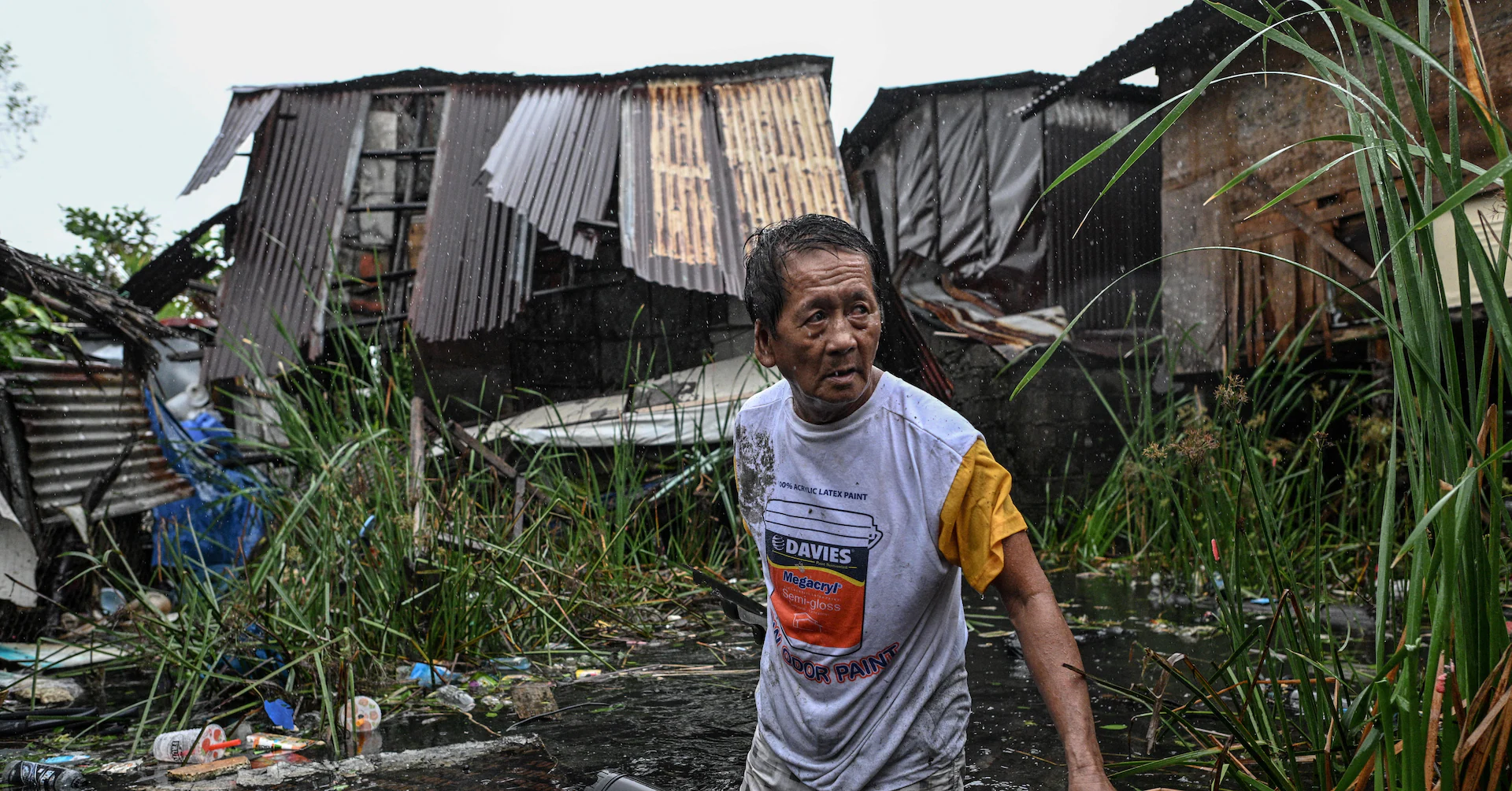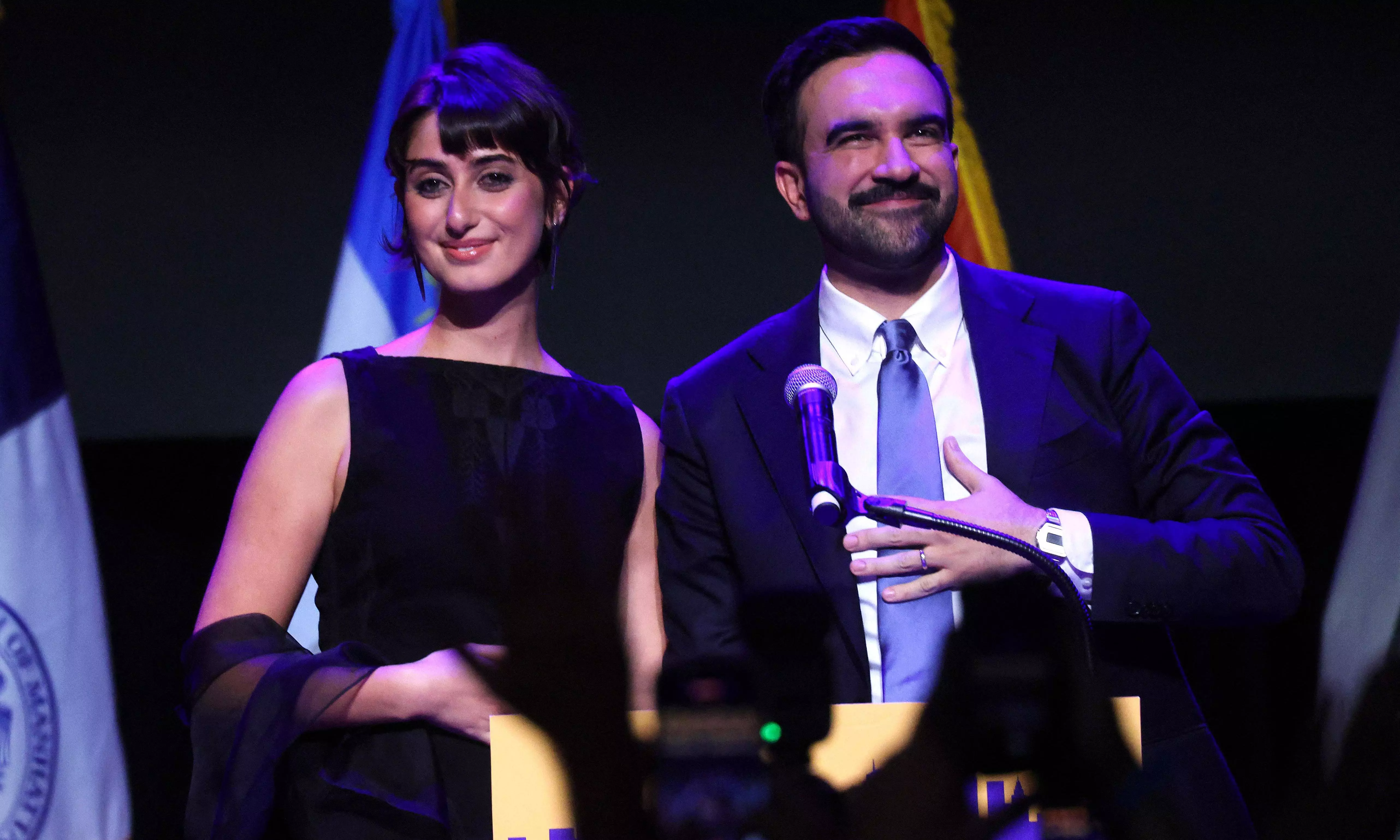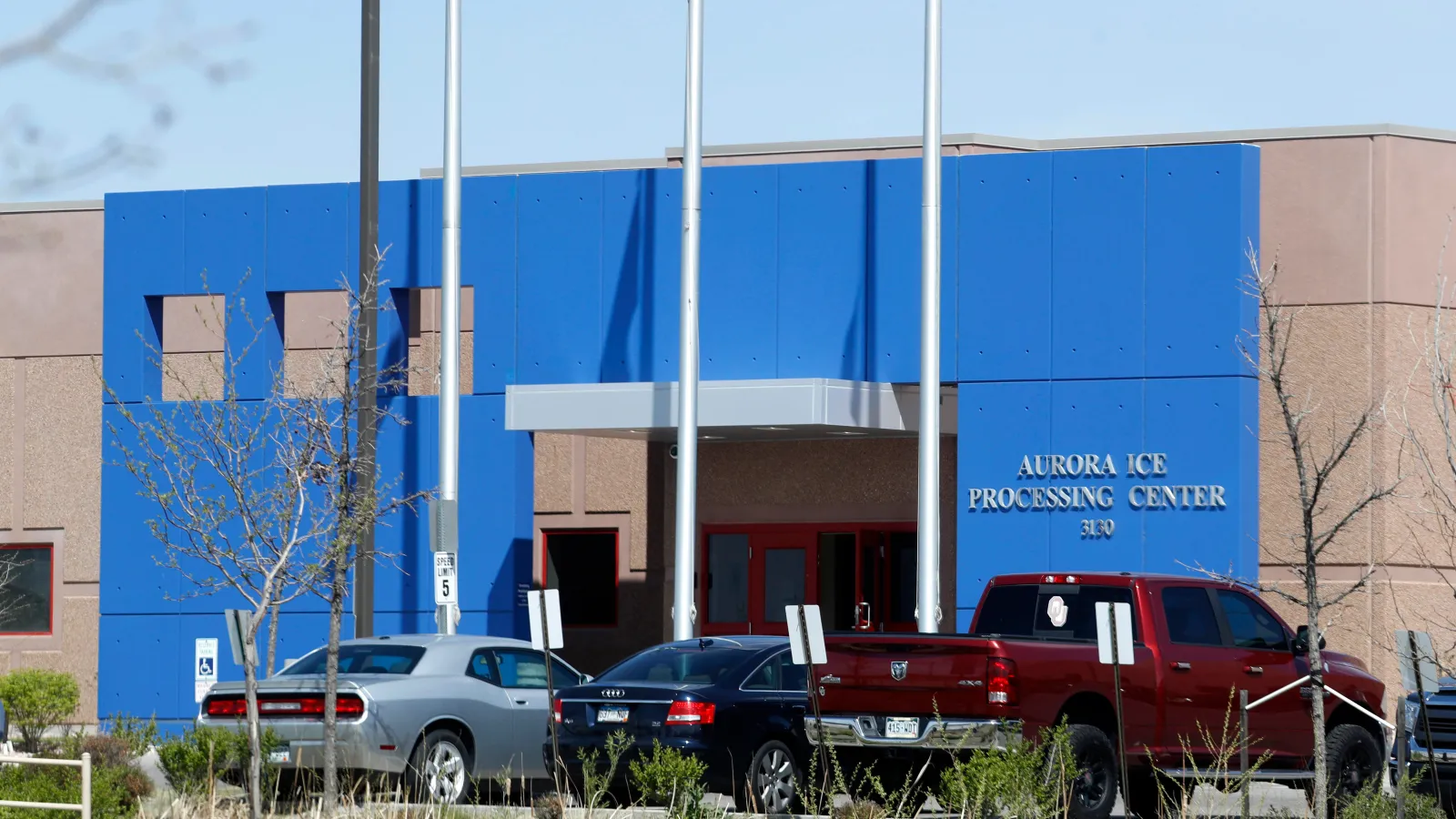Copyright Reuters

This is an excerpt of the Sustainable Switch newsletter, where we make sense of companies and governments grappling with climate change, diversity, and human rights on Tuesdays, Thursdays and Fridays. Sign up here. Hello, Yet another catastrophe has struck the Philippines this week as one of the year's most powerful storms, Super Typhoon Fung-wong, has killed 18 people in the Southeast Asian island. Meanwhile, a tornado hit the southern Brazilian state of Parana, killing six people, as the United Nations climate conference continues in the north of Brazil in Belem. Delegates at COP30 are grappling with how best to help the vulnerable withstand worsening weather and other climate extremes. Let’s start with Typhoon Fung-wong. More than a million people were evacuated in the Philippines before Fung-wong hit land on Sunday, unleashing fierce howling winds, heavy rain and storm swells on the most populous island of Luzon that left some sleepless through the night. After passing over the Philippines on Sunday, Typhoon Fung-wong headed north towards Taiwan and gradually lost strength. Typhoon Fung-wong and Brazil’s tornado Ranking as one of the Philippines' most powerful storms of the year, Fung-wong has killed 18 people in the island nation. The storm is the 21st this year in the Philippines, coming after Typhoon Kalmaegi killed 224 last week, with five dead in Vietnam. Scientists have said rising sea temperatures pack more energy into tropical cyclones, making them more intense and boosting rainfall. The back-to-back storms came as officials of more than 190 countries gathered in Brazil for the COP30 climate summit. Brazilian authorities said 437 people were treated for injuries and about 1,000 were displaced after a tornado, accompanied by strong winds and heavy rain, struck the southern state of Parana. The nearby city of Guarapuava was also affected. According to the Parana Meteorology and Environmental Monitoring System, the tornado's winds reached speeds between 180 kph (111 mph) and 250 kph. The town of Rio Bonito do Iguacu was hit hardest late on Friday, with the state's civil defense agency reporting that over half of the urban area suffered roof collapses, along with multiple structural failures. COP30 Updates Over in Brazil’s Amazon city of Belem, the first point of order for COP30 will be to vote on an agenda. The biggest question mark was whether countries would aim to negotiate a final agreement – a hard sell in a year of fractious global politics and U.S. efforts to obstruct a transition away from fossil fuels. Brazilian President Luiz Inacio Lula da Silva hopes countries will consider setting a plan for quitting fossil fuels. “How are we going to do this? Is there going to be consensus about how we are going to do it? This is one of the great mysteries of COP30,” COP30 President Andre Correa do Lago said. Other possible issues for the agenda include deciding how countries will cut emissions further, with their current plans falling short of what’s needed to limit extreme warming. By Monday morning, 106 governments had submitted new climate plans. Delegates are also keen to tackle agriculture emissions – a topic often left to the side given the difficulty of addressing the farming and livestock practices central to many countries' food security and livelihoods. Among developing countries, do Lago said, “there is a movement” to advance solutions and access to technologies that can help make farming more efficient and less polluting. Finally, countries also want to address financial and action targets for adapting to the conditions of a warmer world, with hopes that development banks can undergo enough reform to ensure more money – including from the private sector – goes to these goals. ESG Lens For many, this year’s 30th climate summit, COP30, marks a full-circle moment. Brazil hosted the Rio Earth Summit where the U.N. Framework Convention on Climate Change treaty was signed 33 years ago. This year, the country insisted the event would return to its roots in acknowledging the world’s most vulnerable including indigenous groups, with some joining the talks. Click here for a Reuters explainer on why the summit matters and click here for a brief breakdown of the latest climate science. Today’s Sustainable Switch was edited by Emelia Sithole-Matarise Think your friend or colleague should know about us? Forward this newsletter to them. They can also subscribe here.



